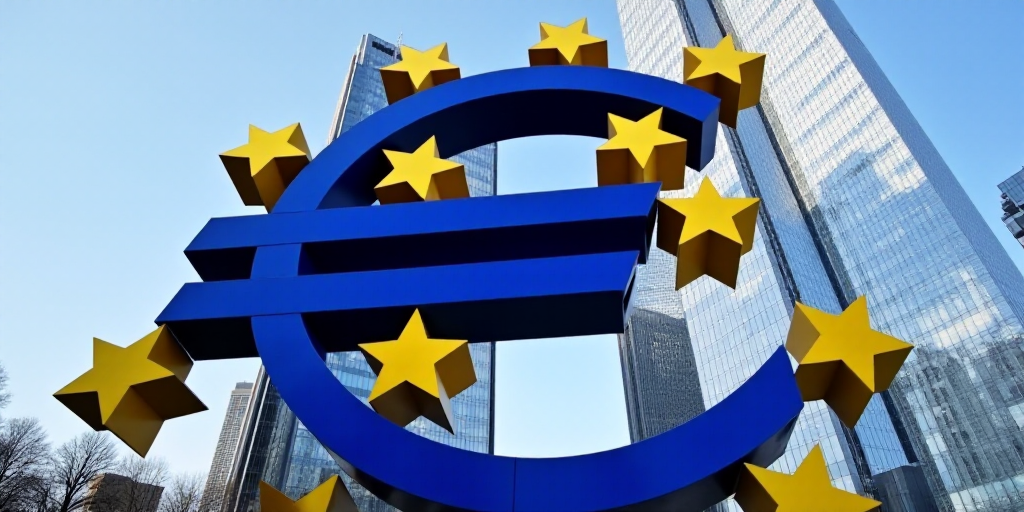Background on the European Central Bank (ECB)
The European Central Bank (ECB) is the central bank responsible for monetary policy in the Eurozone, which consists of 19 European Union member states that have adopted the euro as their common currency. Established in 1998, the ECB plays a crucial role in maintaining price stability and ensuring the smooth functioning of the euro payment system.
ECB’s Recent Strategic Review
On June 30, the ECB conducted a significant review of its strategy for the first time since 2021. This review comes after several turbulent years during which the bank had to tackle a historic surge in consumer price inflation.
ECB’s Key Announcements
- Inflation Target: The ECB reaffirmed its 2% inflation target, aiming to maintain price stability in the Eurozone.
- New Challenges: The bank acknowledged new challenges, including global trade tensions and rapid advancements in artificial intelligence (AI), which contribute to increased inflation volatility.
- Flexible Policy Approach: The ECB pledged to use all available tools in a “sufficiently flexible manner” to enable an agile response to changes in the inflation environment.
- Scenario Analysis: ECB officials now employ various possible scenarios to better understand risks, such as global trade uncertainty caused by potential U.S. tariffs.
Key Themes: Trade Tensions and AI
During a forum in Portugal, ECB President Christine Lagarde emphasized that the bank’s strategy has “proven effective.” She also highlighted two significant themes:
- Trade Tensions: Global trade tensions, potentially triggered by U.S. tariffs, pose risks to the Eurozone economy.
- Rapid Digitalization: The rapid digital transformation of the economy, driven by advancements in AI, presents new challenges for monetary policy.
Key Questions and Answers
- What is the ECB’s main concern? The ECB is concerned about increased inflation volatility due to global trade tensions and rapid advancements in artificial intelligence.
- What is the ECB’s inflation target? The ECB aims to maintain an inflation rate of 2%.
- How will the ECB respond to these challenges? The ECB has committed to using its available tools in a flexible manner to enable an agile response to changes in the inflation environment.
- What other themes did the ECB address? The ECB also discussed global trade tensions and the rapid digitalization of the economy, driven by advancements in artificial intelligence.






